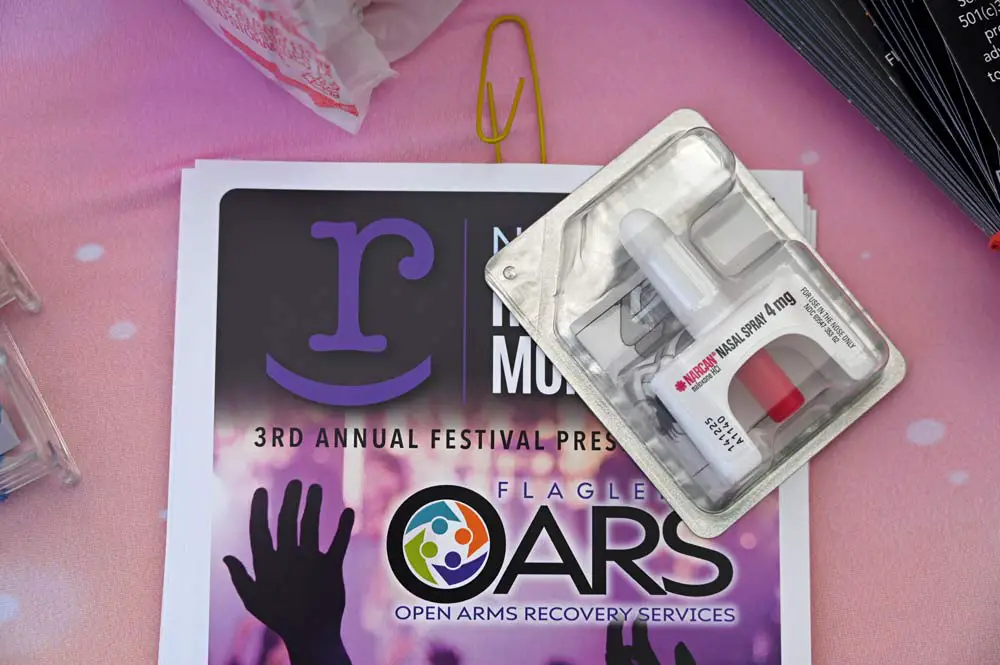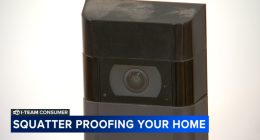
By Deric Miller
I am a person in recovery and a certified peer recovery specialist. I am in recovery because I was abruptly taken off my long-term prescription pain medications in 2016. Due to severe, ongoing pain from several chronic health conditions, I turned to self-medicating with illegal drugs to manage it.
I wouldn’t go back and change anything I experienced, because then I wouldn’t be where I am today. I’m lucky to have a great career helping other people who are going through the same thing I went through, and I am living proof that compassionate treatment and care make it possible to recover. What I would change was the way I was treated by a system that puts punishment before healing.
We have plenty of evidence that putting more people behind bars isn’t going to prevent an already out-of-control overdose crisis from getting worse. We also have plenty of evidence-based solutions that we know really help, like medication-assisted treatment and harm reduction. Unfortunately, some of our New Jersey lawmakers are still choosing setbacks over real solutions.
State bill S3325, sponsored by Sen. Paul Sarlo (D-Bergen), aims to intensify already existing criminal penalties for fentanyl by lowering the drug thresholds required to bring people in on felony charges, and give people longer sentences. [The bill is similar to a bill the Florida Legislature passed last year, HB95, and enacted into law a year ago.]
While the bill claims to go after high-level dealers and “drug kingpins,” it would actually make it easier for someone simply in possession to be brought in on intent to distribute — and make it more difficult for law enforcement and prosecutors to distinguish between someone’s personal supply and someone dealing.
I have experienced this firsthand. When I was using, resupplying was dangerous, so when I bought drugs, I would get enough to last a week. Back in 2017, during a time I was trying to get help, my co-defendant and I were arrested with 200 bags of what we thought was heroin. We found out later it was mostly fentanyl.
The court wanted to charge me with distribution. We were later able to prove it was for personal use only, but I was still put on probation, then sent to drug court, before finally being sent to jail for almost a year. My recovery timeline was completely halted. While I was in jail, I was taken off of suboxone and my medications, and my health deteriorated. I went through withdrawal on top of contracting Covid-19 in jail, causing the pain at the root cause of my addiction to worsen.
![]() Jail did not fix me. Everything that someone would do to better their health, recovery, and self-care was instead denied to me, or outright taken away. I did not need prison to recover. I needed medical help.
Jail did not fix me. Everything that someone would do to better their health, recovery, and self-care was instead denied to me, or outright taken away. I did not need prison to recover. I needed medical help.
If I had been charged for distribution like the courts wanted, this timeline would have been even longer. It’s often impossible for police and prosecutors to distinguish between someone who uses drugs and someone who sells drugs, and 8-in-10 drug arrests in New Jersey are for someone’s personal possession or use.
This is the case for many people struggling with addiction, and if S3325 passes, it will make this problem even worse. Bills like these are weapons used to scare people into pleading guilty to other crimes and will put folks who are struggling behind bars.
I became a peer recovery specialist and a member of the Not One More NJ campaign to end overdose because we need to fight for every person to have an equal shot at whatever path to recovery works best for them. Instead of punishing and locking up people who use drugs, we need to meet them where they are and treat them with dignity and respect so more people can access recovery. Recovery takes many months, often longer, to get your life back on track, and prison only delays someone with a substance use disorder from their healing process.
Let’s help human beings into and through their recovery instead of locking them up, and end this crisis together.
Deric Miller is a member of the Not One More campaign to end overdose.









